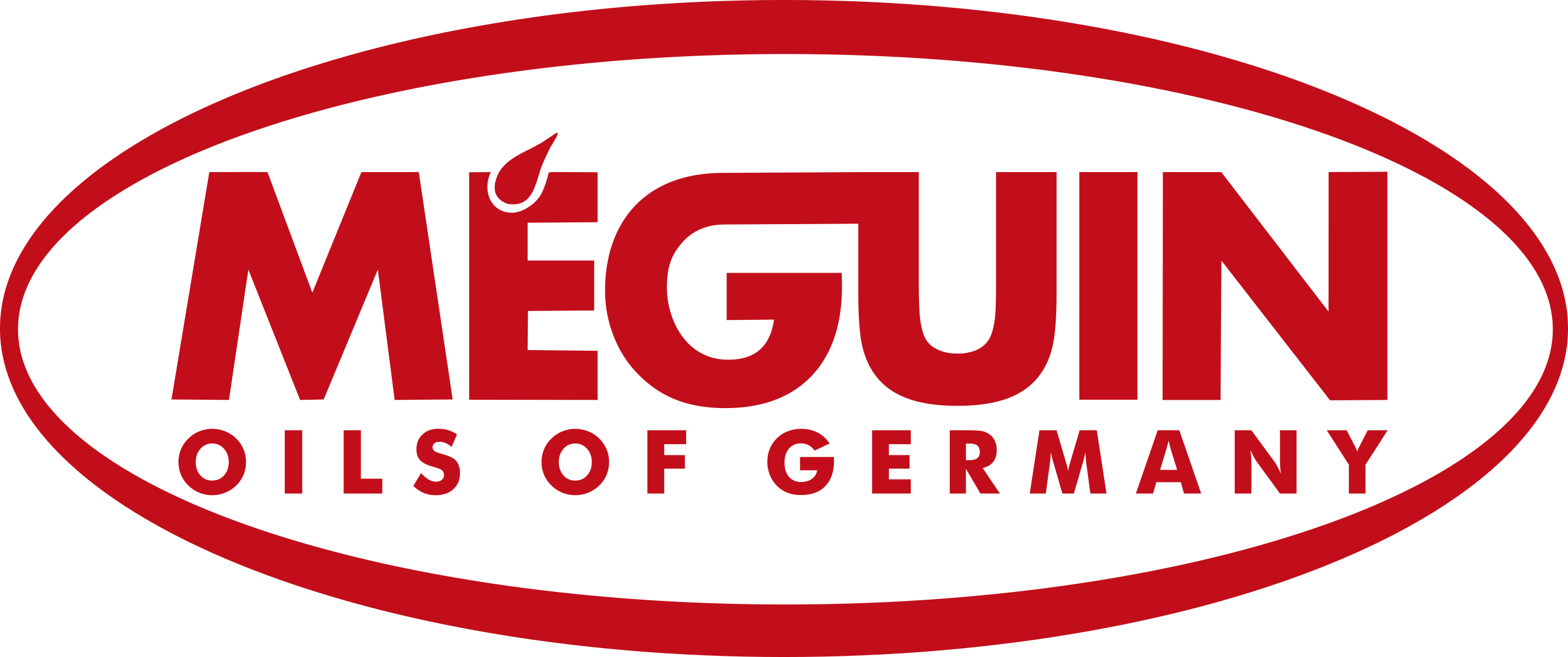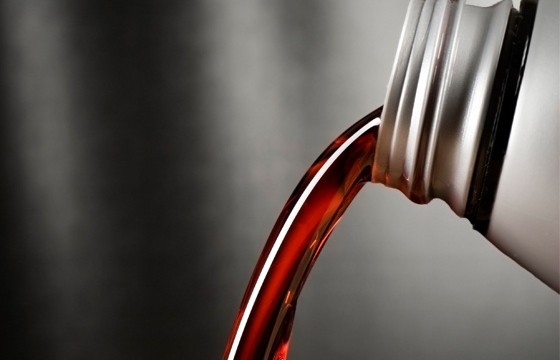Engine oil is used for lubrication of various internal moving parts of an engine. While the main function is to lubricate moving parts, motor oil also cleans and inhibits corrosion, improves sealing and cools the engine by carrying heat away from moving parts.
Why is oil required for an engine?
The main purpose of motor oil is to stop metal from touching metal. An engine contains hundreds of moving parts that must be kept separate from each other. If metal surfaces come in contact, wear may occur and friction will increase. With friction comes heat, and heat will warp and distort moving engine parts. Motor oil creates a slick film between metal parts that lets them glide over each other.
Engine oil does the following in every engine:
1. FACILITATES QUICK STARTS
2. LUBRICATES ALL ENGINE INTERNALLY
3. PREVENTS WEAR
4. REDUCES FRICTION
5. PROTECTS FROM RUSTING
6. KEEPS ENGINE CLEAN INTERNALLY
7. COOLS THE ENGINE
8. SEALS THE COMBUSTION CHAMBER
9. PREVENTS FOAMING
10. CONTRIBUTES IN FUEL ECONOMY
1. FACILITATES QUICK STARTS
The very first thing oil must do is permit the engine to start easily and quickly. Oil should be formulated to allow the engine to turn without excess resistance when cold, yet without compromising lubrication when the engine becomes hot.
Engine oil must be thin enough when first starting the engine to allow for sufficient cranking speed. The oil must then be able to flow immediately to lubricate vital engine components. Most of the engine wear occurs at start-up before the oil can reach all the engine parts.
One thing is very important to mention here. In Pakistan there is a misconception prevailing in majority of mechanics and car owners that oil should be thick and heavy as they think that thick oil is more efficient than lighter oil. Actually thick and heavy oil creates extra resistance between the moving engine parts and moves slowly in the lubricating system.
2. LUBRICATES ALL ENGINE INTERNALLY
Engine comprises of with many metal parts which move against each other. If proper oil does not lubricate these parts they will wear and eventually seize with in no time. So the main job of oil is to lubricate all engine parts and make a film between all moving parts like, piston ring, cylinder wall, Crank Shaft and main bearings etc.
3. PREVENTS WEAR
Although all oil lubricate the engine but wear is inevitable. Rate of wear make the life of an engine short or long. Good oil makes the wear rate less as compared to normal and cheap oils. Service life of engine also depends upon the wear rate and the wear rate is determined by oils.
4. REDUCES FRICTION
During engine operation metal to metal friction is controlled by the oil film provided between them. Friction creates heat and that results it softening the metals which could damage the engine. So engine oil’s prime duty is to control the friction.
5. PROTECTS FROM RUSTING
Engines work in high temperature and at high temperatures metals get oxidized. This causes rusting in the engine parts. Therefore, engine oils prevent metal parts from rusting and diminish the effect of water and oxygen on these parts.
6. KEEPS ENGINE CLEAN INTERNALLY
In the engine there are contaminants developed as by-products from the fuel burning process. In addition to these there are also other contaminants such as dirt, sand and metal particles that come out of the block etc. The oil filters can only filter large particles and does not prevent small particles from entering the engine. Therefore, engine oil keeps smaller particles in suspension so that they cannot damage the engine.
7. COOLS THE ENGINE
Cooling the engine is also one of the most important features of engine oil. Water Cooling system take away approximately 60% extra engine heat, the remaining 40% extra heat is carried away by the engine oil. A very important point to understand is that thicker oil can not cool the engine as effectively as lighter engine oils.
8. SEALS THE COMBUSTION CHAMBER
Imperfection on the surface of piston rings and cylinder walls cause leakage of engine pressure which can pass from rings clearance. By covering the surface of the piston rings, engine oil provides sealing to the engine.
9. PREVENTS FOAMING
A major characteristic property of engine oil is that it never becomes foam during the operation of the engine as it has special anti-foaming additives. If engine oil becomes foam it can cause severe engine damage.
10.CONTRIBUTES IN FUEL ECONOMY
Fuel crises are increasing day by day and engineers are working to increase the fuel efficiency of vehicles. Engineers and manufacturers have agreed that engine oil can increase fuel economy. In this regard, synthetic oils have proved to be more fuel efficient compared to conventional / mineral oils (explained in a different section).

